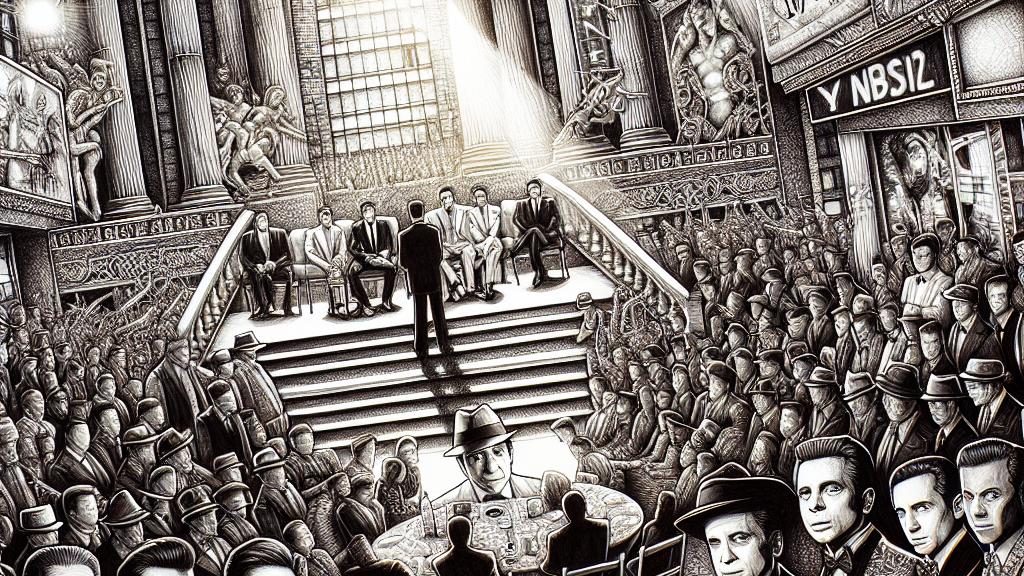Understanding the Controversies in NHK Special on Johnny Kitagawa's Idol Empire
Overview
- A deep exploration of the NHK documentary that scrutinizes Johnny Kitagawa's complex legacy amidst serious abuse allegations.
- Uncovers the internal conflicts at NHK and the challenges of confronting powerful entertainment figures.
- Examines the far-reaching consequences of Kitagawa's actions on Japan's idol industry and media ethics.

The NHK Documentary's Focus
The NHK special serves as a crucial examination of Johnny Kitagawa's legacy, intertwining his monumental successes with the grave allegations of sexual abuse that have come to light in recent years. Known for launching iconic boy bands like SMAP and Arashi, Kitagawa dominated the Japanese entertainment scene for over four decades, wielding immense influence. Yet behind the glitz and glamour lies a troubling narrative—the allegations of his misconduct, which began to emerge publicly only after his death in 2019. This documentary aimed to peel back the layers, exploring how Kitagawa was able to maintain such a powerful hold over the industry and, more importantly, why many felt compelled to remain silent about his actions for so long. By featuring testimonials from survivors and industry insiders, the documentary creates a space for reflection on the culture of silence that enabled these abuses.
Internal Strife within NHK
The tensions within NHK became increasingly clear as the documentary was aired. Many staff members felt a compelling need to confront Kitagawa's legacy directly, pushing for a narrative that acknowledges the abuses while shedding light on the complicity of the entertainment industry in these actions. Others, however, were wary, concerned that exposing these issues might alienate powerful stakeholders linked to NHK. This schism within the organization highlights a significant challenge in media: how to hold influential figures accountable without jeopardizing industry relationships. The reaction from audiences was palpable, sparking intense discussions on social media platforms about the responsibilities of the media in tackling such sensitive topics. Viewers expressed a wide range of emotions, from outrage to a desire for change, indicating a strong public interest in ensuring that such histories are addressed head-on.
The Broader Implications
The documentary’s implications extend far beyond the individual stories of abuse, challenging the very foundation of Japan's idol culture. It invites viewers to critically assess the systemic issues cultivated by the idol trainee system that Kitagawa established—a system acclaimed for its innovation yet criticized for potentially enabling exploitation. Audiences began to question the cost of fame and the idolization that often clouds judgment. The responses from former idols and cultural critics suggested a profound awakening, with many advocating for a cultural shift that prioritizes the well-being of artists over blind admiration. By exposing these uncomfortable truths, the NHK special not only highlights Kitagawa's darker legacy but also champions a necessary discourse around ethics in entertainment, pushing society towards a future where accountability is paramount and individuals feel empowered to speak out without fear.

Loading...